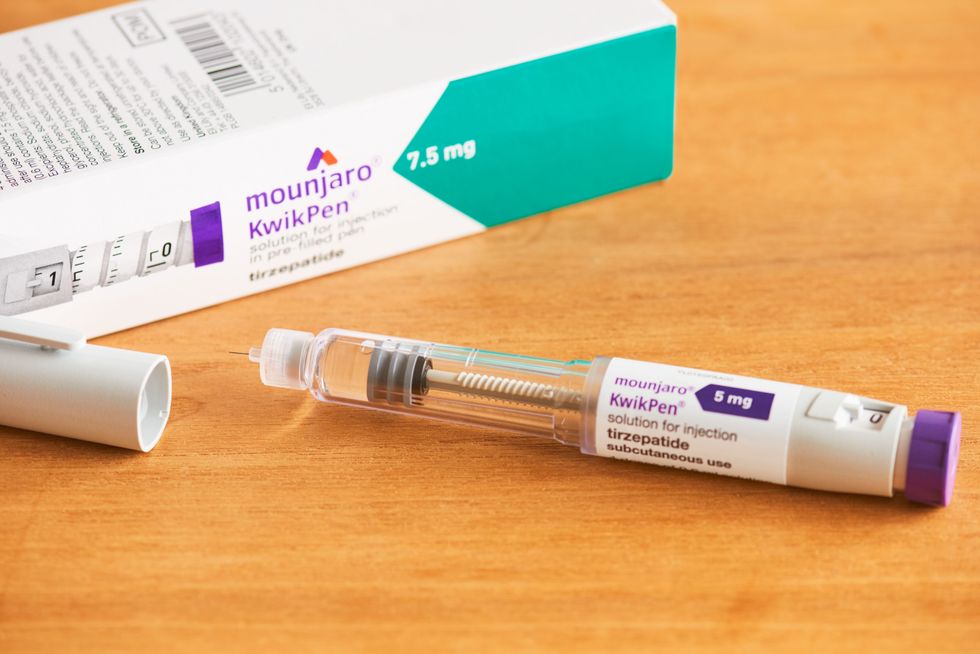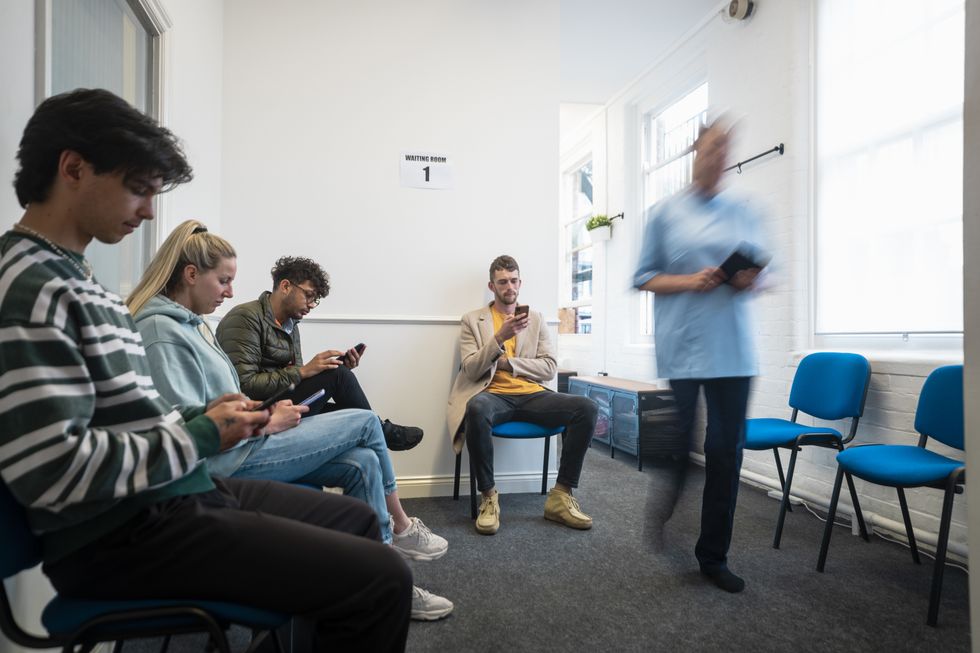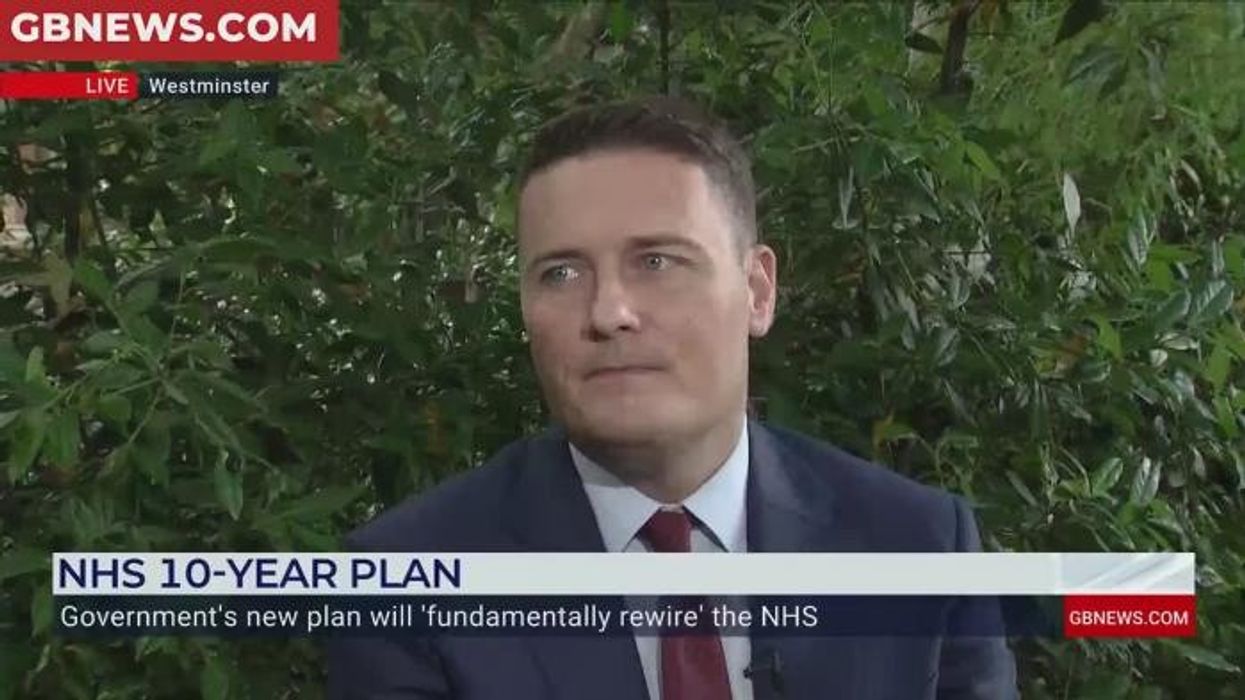Weight loss jabs spark major concern as doctors share doubts over NHS adequacy
Health Secretary Wes Streeting announced that his department intends to tackle the nation's rising obesity rates by widening access to the drugs
Don't Miss
Most Read
Latest
A new survey has revealed that a staggering 94 per cent of healthcare professionals doubt the NHS can provide safe, ongoing care for patients on weight loss jabs.
The findings emerge just weeks after the NHS announced the GP rollout of Mounjaro and days after the Government's 10-Year Health Plan prioritised cutting obesity by expanding access to weight loss medications.
The research, conducted by weight loss platform Juniper, surveyed GPs, nurse prescribers and pharmacists across the NHS to assess the health service's readiness for the expanded prescription of GLP-1 weight loss medications.
The survey found that 94 per cent of healthcare professionals are concerned about the NHS' current ability to provide safe, ongoing care to patients prescribed GLP-1 weight loss medications.

94% of healthcare professionals doubt the NHS can provide safe, ongoing care post-weight loss jab
|GETTY
Indeed, 100 per cent of surveyed participants believe additional support services are important alongside a GLP-1 medication prescription.
Meanwhile, one-third of respondents believe that without wraparound care services, such as regular check-ins with healthcare professionals, nutritional counselling, psychological support, and tailored exercise programmes, medication won't be effective.
The research also revealed that 87 per cent believe digital tools like telehealth and apps could improve the safety and scalability of GLP-1 medication rollouts.
Despite 98 per cent of respondents believing GLP-1s are a safe and effective treatment option for eligible patients when prescribed and monitored safely, concerns remain focused on ensuring care can be delivered safely and effectively at scale, with current significant gaps in the system.
LATEST DEVELOPMENTS
The survey found that 86 per cent of respondents believe patients are likely to discontinue treatment before achieving their goals without additional support to manage side effects.
Similarly, 89 per cent think patients are likely to regain weight if they haven't developed healthy eating and exercise habits during treatment.
A more holistic approach to weight loss would assist patients with managing side effects, developing sustainable healthy habits, and maintaining motivation on a weight loss journey.

With NHS capacity under strain, digital solutions are increasingly seen as vital
|GETTY
Despite ongoing monitoring being noted as the most important element of care, 46 per cent of clinicians reported it as a key barrier to effective treatment due to NHS capacity constraints.
With NHS capacity under strain, digital solutions are increasingly seen as vital for expanding weight management services.
However, barriers to digital uptake include concerns about patient digital literacy or accessibility (38 per cent), data privacy and security (35 per cent), and lack of integration with existing NHS systems (25 per cent).
Clinical lead at Juniper, Kevin Joshua, said: "The reality is that many people have already explored every traditional route and are still struggling to access effective, sustainable care.
"With the NHS facing unprecedented demand, it is more important than ever to broaden access through innovative approaches."
He added that digital platforms "not only help to ease the burden on GPs but also ensure that patients receive the holistic, wraparound support they need to succeed".











